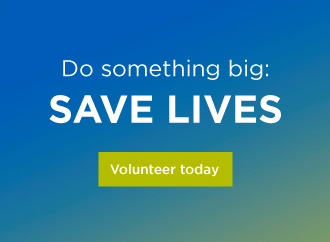Shane’s story
Shane Joseph was a 19-year sophomore at Oberlin College in Ohio when he knew something wasn’t right. At the beginning of the year he developed a fever and sore throat he just couldn’t kick. After a doctor’s appointment revealed
a low white blood count, he was taken to the Cleveland Clinic right away where he was diagnosed with Aplastic Anemia. Wanting to make sure he was closer to home for treatment, Shane was transferred to Cincinnati Children’s and was in in-patient from
September through mid-February.
And on January 10th he received his life-saving transplant from an unrelated donor in Germany! Friends and family would visit when they could and his mom made sure to visit every day. Sadly, his father, who had been battling Lymphoma and had a transplant the year before, began to get worse and sadly passed away that April.
Shane didn’t go back to school after his transplant but instead starting working at a crisis hotline. It is here where he learned that his circumstances gave him the opportunity to speak empathy to individuals on a level that others couldn’t. He did start back at school 2 years later but realized that his passion had changed and went back to the crisis center, where he is now the director! After speaking with Shane for a couple minutes, you can easily tell why he is directing such an important organization!
What made you decide to be a Peer Connect Volunteer with Be The Match?
While I was experiencing my transplant, in some ways, I was a stubborn patient because I was determined to tough it out and get back to school. But I am also someone who
looks to other people for examples when I am unsure or struggling. I know I would have benefited a lot from someone having a similar experience and would have enjoyed talking to them. Being 19 at Cincinnati Children’s, I would have loved to have someone
who was closer to my age to talk with. Now I am paying it forward.
What is your greatest accomplishment to date as a volunteer?
One of my first peer connect conversations was with a young man who was in high school when he received his transplant. We didn’t have a whole lot in common outside of the fact that
we both had a transplant, but it was helpful and important to him to speak to someone around his age. We became friends on Facebook and I receive updates on his progress. It makes me feel like I did a good job.
It’s also been good to speak with the parents whose child is going through a transplant. I am able to share my perspective and I know they are so appreciative of that. I can feel their relief. It feels good to know that I am helping a family as well.

.png)
